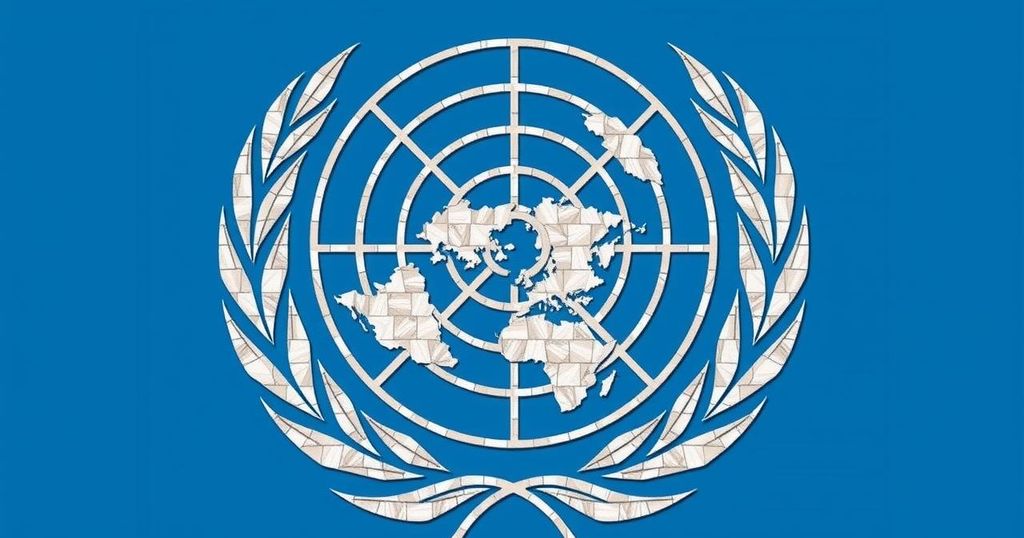The 29th UN Climate COP has commenced in Baku, Azerbaijan, with nearly 200 nations attending. Key discussions focus on establishing increased climate finance goals and the implications of the recent U.S. election. Developing countries demand substantial funding to address urgent climate crises, highlighting the inadequacy of past financial pledges compared to the pressing needs. The summit aims to bolster international cooperation amid escalating climate impacts worldwide.
In Baku, Azerbaijan, the 29th Conference of the Parties (COP29) convenes with delegates representing nearly 200 nations amid a backdrop of increasing climate urgency. Notable absentees include key leaders from major polluting nations such as the United States, Brazil, China, and India. Alden Meyer, a veteran observer from the climate think tank E3G, provides insights into the critical discussions surrounding new climate finance goals following the end of the previous $100 billion pledge. At COP29, tensions run high as developing nations demand significantly increased financing from developed countries to address immediate climate impacts, alongside ongoing decarbonization efforts. The summit is further complicated by the recent U.S. election of Donald Trump, prompting concerns over U.S. participation and commitment to the Paris Climate Agreement. Discussion centers around whether states and non-state actors can fill the gap left by potential U.S. policy shifts. Developing countries emphasize the need for trillions of dollars to tackle climate crises effectively, contrasting sharply with the modest proposals currently on the table from developed nations. Notably, the previous year’s pledge of $800 million for loss and damage has been deemed insufficient compared to the hundreds of billions needed annually. The stark reality of climate impacts across the globe, such as severe flooding and droughts, underscores the urgency for nations to enhance their commitments and collaborative efforts. COP29 is critical, not only for setting ambitious financing goals but also for reinforcing trust among nations to work jointly against climate change. Meyer emphasizes the necessity for substantial progress, ensuring all nations remain accountable in addressing the overarching climate crisis that affects us all.
The UN Climate COP, or Conference of the Parties, is an essential international platform where nearly 200 countries convene to negotiate and advance global climate action under the UN Framework Convention on Climate Change. COP29, held in Baku, Azerbaijan, is particularly significant as it aims to define new financial commitments to replace an expiring $100 billion agreement and address mounting climate impacts in developing nations. The context includes a pressing need for increased financial resources to support climate adaptation and decarbonization efforts amid an intensifying climate crisis and the pressing deadlines of previous international commitments such as the Paris Agreement. The recent election of Donald Trump in the U.S. raises questions about the U.S.’s future role in these discussions, adding to the atmosphere of uncertainty at COP29.
In summary, COP29 represents a pivotal juncture in global climate diplomacy, particularly in the realm of financial commitments necessary to combat climate change. Developing nations are increasingly vocal about their need for far more significant support from developed countries, amidst fears surrounding U.S. policy under a Trump presidency. The discussions at this conference will not only shape immediate financial strategies but also aim to rebuild trust among nations in their collective efforts against climate change, which now more than ever requires a cooperative and amplified response across all levels of governance.
Original Source: www.loe.org






